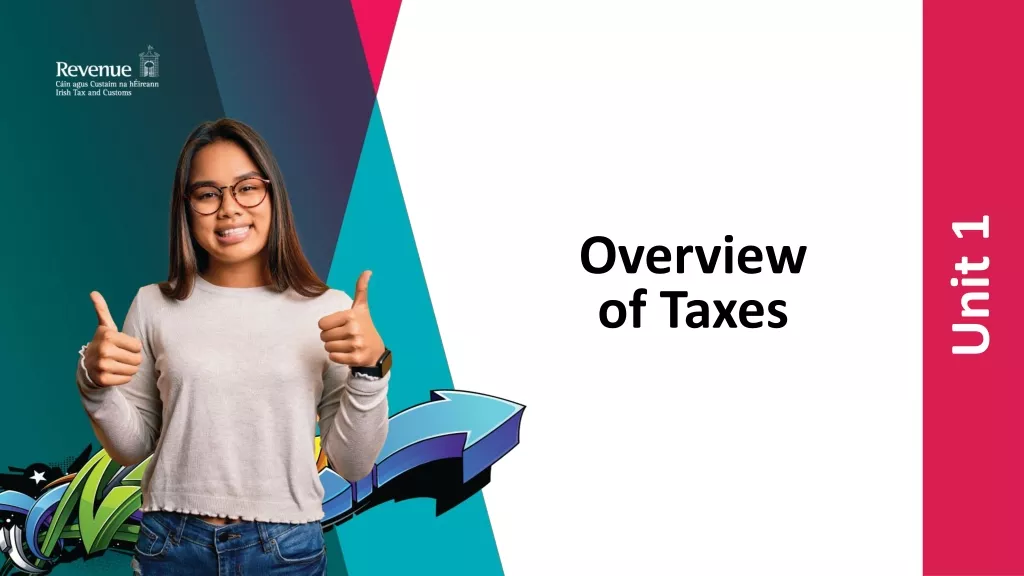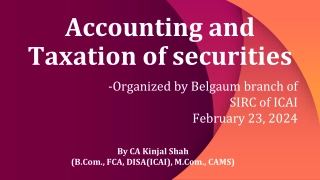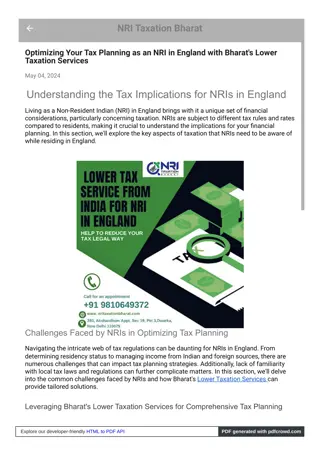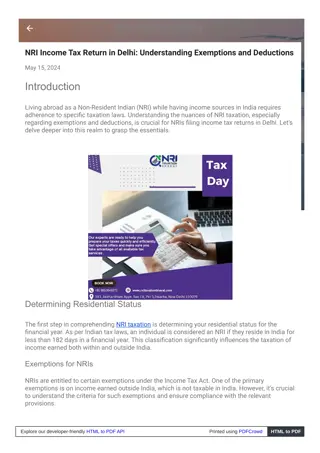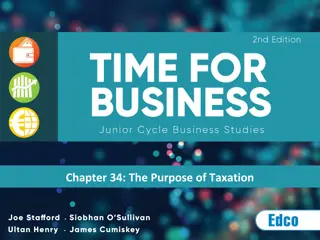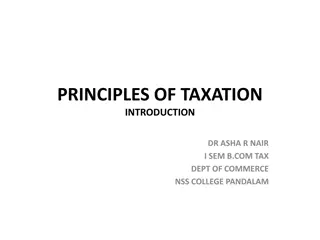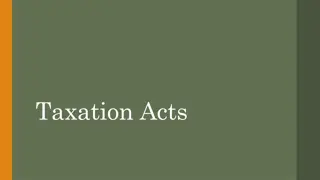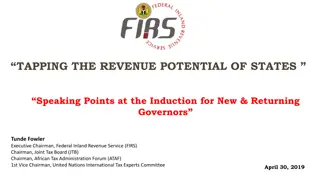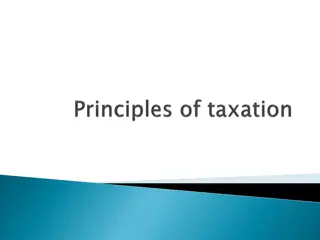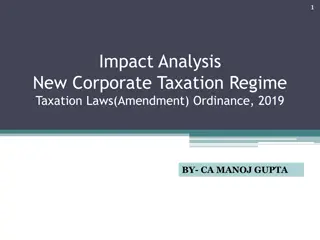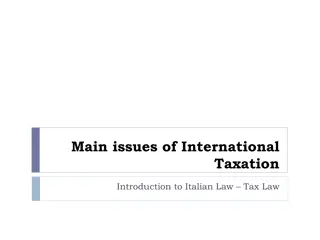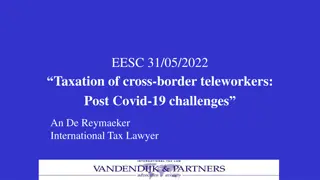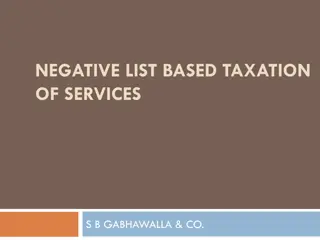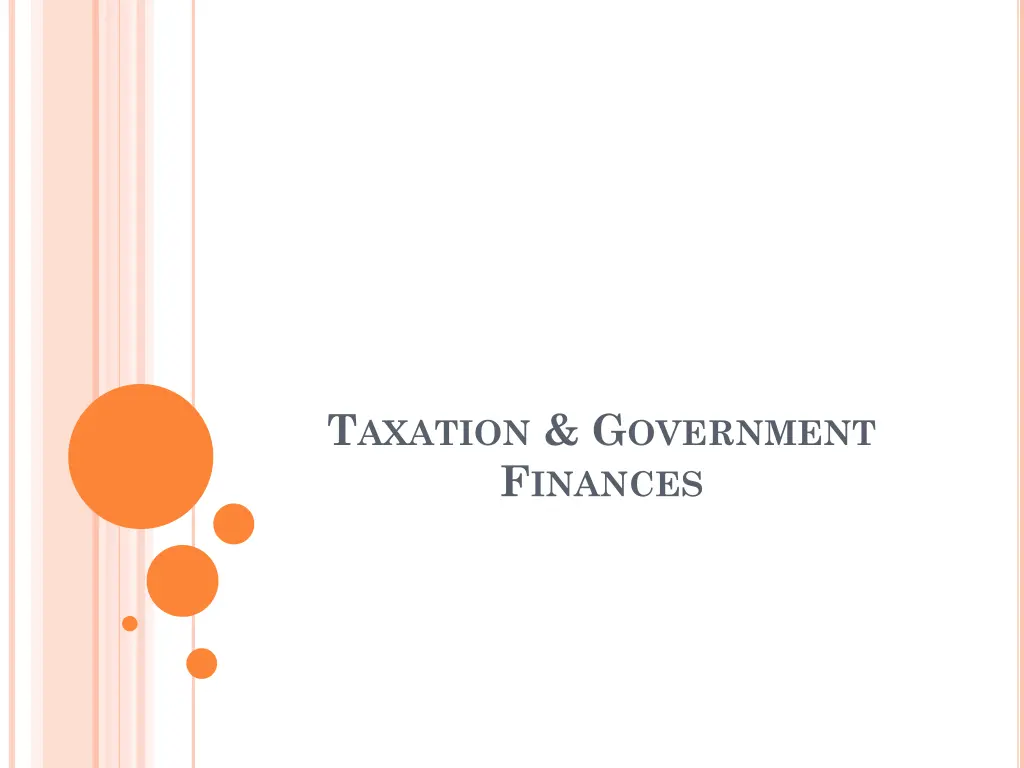
Understanding National Debt and Government Finances
Explore the impact of National Debt/Gross Domestic Product ratio on a country's economy, including factors like interest repayments, government expenditure, and future tax burdens. Dive into examination questions on taxation and government finances, analyzing trends in Ireland and potential economic consequences.
Download Presentation

Please find below an Image/Link to download the presentation.
The content on the website is provided AS IS for your information and personal use only. It may not be sold, licensed, or shared on other websites without obtaining consent from the author. If you encounter any issues during the download, it is possible that the publisher has removed the file from their server.
You are allowed to download the files provided on this website for personal or commercial use, subject to the condition that they are used lawfully. All files are the property of their respective owners.
The content on the website is provided AS IS for your information and personal use only. It may not be sold, licensed, or shared on other websites without obtaining consent from the author.
E N D
Presentation Transcript
TAXATION & GOVERNMENT FINANCES
NATIONAL DEBT/GROSS DOMESTIC PRODUCT RATIO The income of a country is measured by its GDP (Gross Domestic Product) The ND/GDP ratio reflects our debt as a percentage of what we earn each year. In the 1990 s the ND/GDP was very high @ 90% which meant that we were borrowing nearly as much as we earned. During the boom the ratio decreased to 25% due to lower borrowings and a higher GDP. However the ratio has started to rise again to ??? Look up!
2004 Q 8 (B) P 42 In recent years Ireland s ND as a percentage of GDP has declined. Discuss the economic consequences of this development for the Irish Economy. Note this could be now asked in reverse due to our current economic situation.
ANS TO BOTH SIDES Annual interest repayments Will decrease as the ratio decreases and increase as the ratio increases. Government Current Expenditure Will increase as the ratio decreases and decrease as the ratio increases. Burden on future taxpayers Will decline as the ratio declines and will increase as the ratio increases.
International credit-rating Will improve as the ratio decreases and will disimprove as the ratio increases. o Spending on infrastructure May decrease if the decrease in the ratio is due to less borrowing for capital projects which may inhibit future growth. However If the ratio increases due to increased borrowing for capital projects then spending on infrastructure will increase.
EXAM QUESTION ORDINARY LEVEL 2009 Q 4 P 102 2008 Q 5 & 6 (a) P 111 2007 Q 7 P 121 2006 SQ 3 & 4 P 124 & Q 8 (a) (b) P 130 2005 SQ 5 P 133 & Q 8 P 138 2004 SQ 8 P 141 2004 Q 8 (c) P 146 2003 Q 5 P 153 2002 SQ 9 P 157 & Q 6 P 161 2001 SQ 7 P 170
EXAM QUESTIONS ON TAX Short Long 2003 Q 1 Reg Tax P 44 2002Q 6 Tax av & ev P 52 2008 Q 6 2007 Q 5 P 20 2006 Q 5 (a) (c) P 27 2005 Q 4 2004 Q 8 2001 Q 7 1999 Q 5 1998 Q 4
EXAM QUESTIONS ON GOVERNMENT FINANCES Short LONG 2006 Q 8 NTMA 2005 Q 5 PSBR 1999 Q 5 PSBR 1998 Q 6 Tax Wedge 2009 Q 2007 Q 5 & 8 (c) 2006 Q 5 (b) 2004 Q 8 (b) (c) 2002 Q 7 (b) 2001 Q 7 2000 Q 8 1997 Q 7

